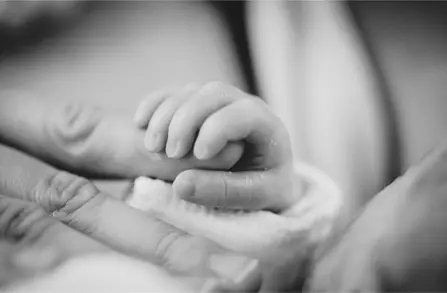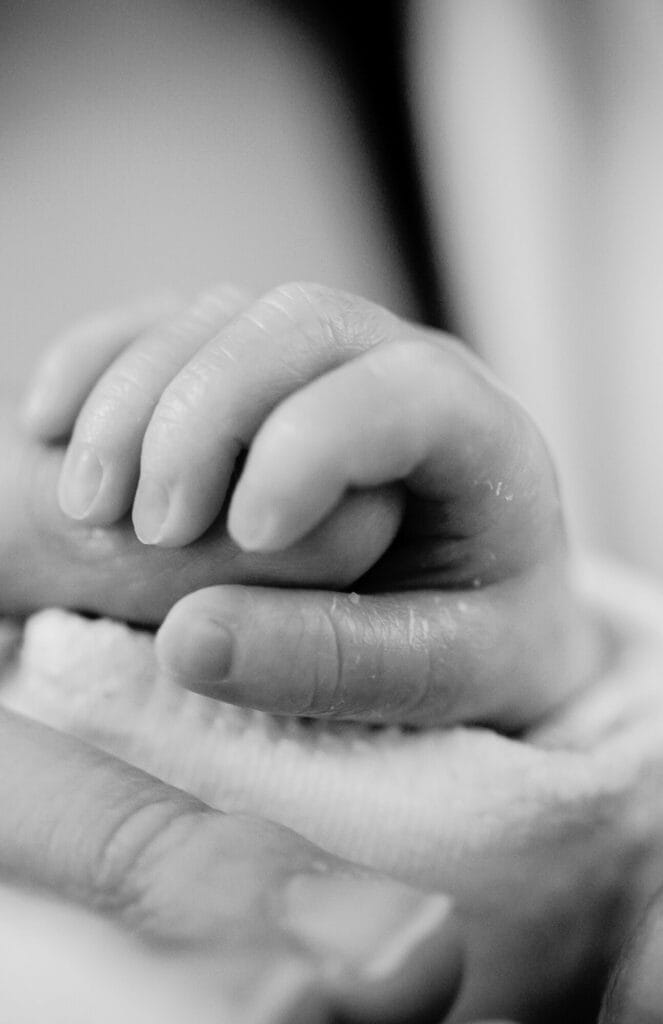Kansas | Missouri | Midwest
Birth Injuries & Death
What is a Birth Injury or Death Case?
Birth injuries or death can occur during pregnancy, labor, or delivery due to medical negligence, complications, or errors made by healthcare professionals. These cases involve harm to the baby or mother and may include conditions such as cerebral palsy, brain injuries, or stillbirth caused by medical malpractice during childbirth.
Click on each sub-area below to learn more about your case.

Hypoxic-Ischemic Encephalopathy
What is Hypoxic-Ischemic Encephalopathy (HIE)?
Hypoxic-Ischemic Encephalopathy (HIE) is a type of brain damage caused by oxygen deprivation to the brain during labor or delivery. It is one of the most severe birth injuries and can result in permanent neurological impairment, developmental delays, or even death.
Common Causes of HIE:
- Prolonged labor that reduces oxygen supply to the baby
- Uterine rupture or cord prolapse leading to oxygen restriction
- Improper use of forceps or vacuum during delivery
- Failure to monitor fetal heart rate or address signs of distress
- Medical Negligence: If healthcare providers fail to act quickly or appropriately during labor and delivery, resulting in oxygen deprivation.
- Hospital Liability: The hospital may be held responsible if inadequate resources or staffing led to HIE.
- Medical treatment for the child’s brain injury
- Rehabilitation and therapy costs
- Pain, suffering, and emotional distress damages for both child and parents
- Seek immediate medical attention for your child.
- Document all medical records related to the delivery and child’s health.
- Contact a birth injury attorney to understand your legal options and pursue compensation for medical bills, therapy, and other costs associated with HIE.
Cerebral Palsy
What is Cerebral Palsy?
Cerebral palsy (CP) is a neurological disorder caused by brain damage that typically occurs during birth or early infancy. It affects muscle coordination and body movements and can range from mild to severe, sometimes leading to lifelong disabilities.
Common Causes of Cerebral Palsy:
- Lack of oxygen during labor or delivery
- Premature birth or low birth weight
- Infection during pregnancy (e.g., meningitis, encephalitis)
- Birth complications such as trauma or bleeding in the brain
- Medical Malpractice: Doctors or nurses may be responsible if improper techniques, such as using forceps incorrectly or delaying delivery, led to cerebral palsy.
- Hospital Liability: If the hospital’s negligence or failure to adequately monitor the birth process caused or contributed to the injury.
- Medical treatment for physical and cognitive therapy
- Special education services
- Lost future earning potential for the child
- Emotional distress and pain and suffering damages for the family
- Seek immediate and ongoing medical treatment for your child’s condition.
- Keep all medical documentation and records of treatment.
- Contact a specialized birth injury lawyer to pursue compensation and ensure your child’s needs are met.
Brain Injuries
What are Brain Injuries in Birth?
Brain injuries during birth occur when the brain does not receive enough oxygen or when trauma occurs during the delivery process. These injuries can result in cognitive, motor, and sensory impairments that can affect the child for the rest of their life.
Common Causes of Brain Injuries During Birth:
- Prolonged or obstructed labor that causes fetal distress
- Incorrect use of delivery instruments such as forceps or vacuum extraction
- Delayed C-section when complications arise
- Inadequate monitoring of fetal heart rate or uterine contractions
- Medical Negligence: If medical staff fails to act swiftly or competently to address complications during delivery, they may be held liable.
- Hospital Liability: Hospitals are responsible for providing adequate resources, trained staff, and monitoring procedures to prevent brain injuries during birth.
- Treatment costs, including surgeries, medications, and rehabilitation
- Long-term care and support services for the child
- Emotional distress damages and loss of enjoyment of life for the family
- Ensure your child receives immediate medical evaluation and care.
- Gather medical records, including delivery notes and fetal monitoring reports.
- Consult with a lawyer specializing in birth injuries to explore your options for legal action and compensation.

